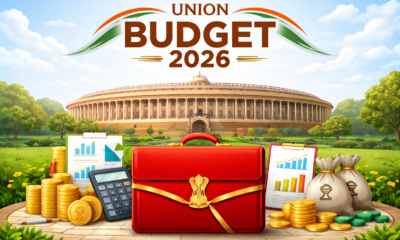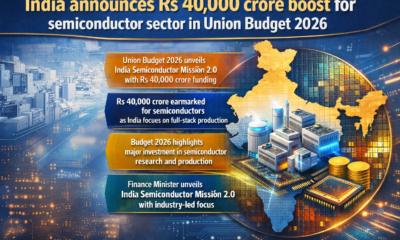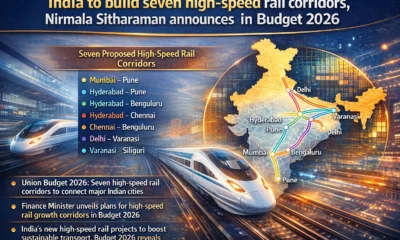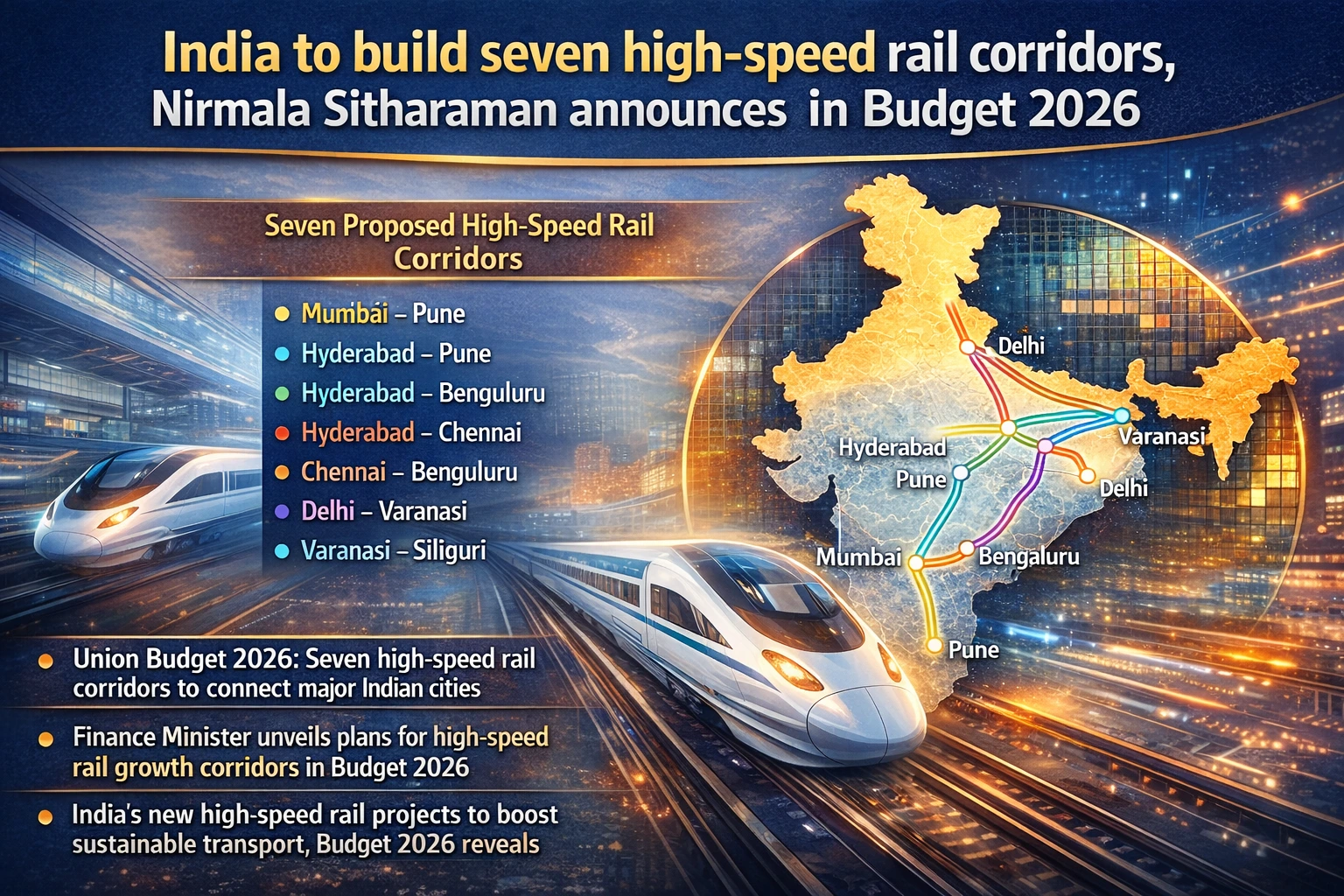Above: Gopal Subramanium
The hearings on Aadhaar and its various linkages and privacy and security issued attached to them continued before the Supreme Court constitution bench of Chief Justice Dipak Misra and Justices A K Sikri, A M Khanwilkar, D Y Chandrachud and Ashok Bhushan on Tuesday (February 13).
The following deliberations took place with senior counsel Kapil Sibal carrying on from where he broke off:
He talked about identity taken by face, iris and fingerprints. He also submitted about foreign situations where the government took all the information only for ten years. He said that “after the 10 years all databases will be deleted and recreated. That is what happens in the most secure countries in the world.”
He pointed out: “Even if you want to access the database, it will only be for limited things. The problems which are created by Aadhaar will be suffered by out our children, grandchildren and the children who are yet to be born.
“We all know that how much national security is important for us. And this government is trying to put it in danger,” he said. He then read retired Judge Puttaswamy’s arguments, on whose petition this case has come up. He submitted that the compilations of Trip Advisor, Alibaba, Uber, and some other websites showed the business reviews which were affected by Aadhaar.
Same he said of Facebook and WhatsApp which it acquired for $19 billion.
Sibal recited Right to Privacy judgment and laid down two points:
- My identity cannot be made a public identity
- My identity is not centralized
He said: “We are challenging the architecture of the act. On the one hand we have public interest and on the other we have national security.”
Involved are “personal information, medical information, personal identity,” he said. “Our fundamental identity is that we are citizens of India. How can this be decided only on the basis of Aadhaar? Our passports, medical facilities etc. can be rejected? The state cannot choose how to prove our citizenship.”
He further referred to Sections 3,4,8 of the Aadhaar Act. Like argued before, Sibal also insisted that authentication is the key in the use of the Aadhaar number. “Meta data is not defined under the Aadhaar Act,” he said. “Section 57 was not needed. The proviso of Section 57 says subject to authentication. In short, for almost every purpose you will need authentication. And the concept of consent is illusionary. Identity can be established only by way of authentication. Such power is infringement of Article 19(1),20.”
He further stated: “Through Aadhaar the state seeks transparency of the individual. So the purpose of the RTI Act is violated. The proportionality argument is that you are presumed to be a criminal until you are proved innocent.
“There should not be the least restrictive opportunity to achieve the object. Hence proof of identity through Aadhaar is most restrictive way, hence violative of the principle of proportionality,” the senior counsel argued.
“If Aadhaar is made mandatory wide powers will be given to the state in respect to when and where an individual will choose to travel, open an account, live, go etc. If someone’s account is deactivated because of any reason then an individual will not be able to even operate his account. So how is it justified without there being any alternative relief available to such persons?
“The Act says that all the expenditure should be from a consolidated fund, but it does not make clear which consolidated fund it is from, India or state?” he argued.
“The right to receive entitlement is also one point to be considered,” he said. “Entitlement is one’s status. So in case of our status we don’t need Aadhaar to claim our right? Certain entitlements are available to non citizens also. No service can be denied, especially to those who are below the poverty line.
“This statute impacts our fundamental right i.e. right to livelihood. That is why the test is far more stringent,” Sibal said. Proof of identification is a statutory restriction.
He said the infrastructure of this country doesn’t allow Aadhaar. “There is no public wi-fi. Many people don’t know how to use the internet and other facilities,” he said. He brought up the case of the Kerala Education Trust which supports his arguments related to use of Aadhaar in educational areas.
He also said that fingerprints and the iris are continuously changing when a child is growing. So during the in-between years Aadhaar is of no use.
Justice Chandrachud said that “an unconstitutional condition is when one person is surrendering the rights of his personal things or identity. The government is chosen by the public at large.”
Sibal said that the entitlement is made on the person who is a citizen of this country. “I don’t have any issue with Aadhaar, but lack of infrastructure is the biggest problem and taking all personal identity is the problem. You can give it in the name of Social Security Card, but on the name of Aadhaar, it is not good.”
Justice Chandrachud asked where the doctrine of Unconstitutional conditions really lies in this. Does it ask to relinquish the condition which is created?”
The judge said: “There are some people in this country who don’t have any identity. When the government is giving one identity for all things, then what is the issue?”
Sibal said that this is given in the act. That is the social purpose of this. He referred to the act and said the answer is in the act. He said “you must have some identification cards for making Aadhaar. Hence the intention of Aadhaar is not for those people who don’t have any identity card.”
As to the distance things have been taken with Aadhaar, Sibal said: “I cannot book a railway ticket if I don’t have Aadhaar. The point is, my identity refers to me. If I show my identity it must show that I am Mr Sibal. Identity is the thing which proves that I am who I am.”
He then referred to the writ petition 841/2017 which is related to the state of West Bengal. Page 114 of the petition refers to the services rendered via Aadhaar.
He said that the government is issuing notifications from time to time. On November 17, they have issued a notification in which school attendance came on this list. He referred to the Minarva Mills case.
Sibal said: “I gave all these things to create a picture which shows that it hasn’t any constitutional validity.”
“Perhaps this is the more important case, because of the imposition,” Sibal said. The ADM Jabalpur case came before this court and this case will be remembered by me, my children and grandchildren. Now you are going to create a future. This judgment will affect many people. These are the elements your lordships have to keep in mind.
Gopal Subramanium
Senior counsel Gopal Subramanium then took up his stand. He said: “This matter is related to a sequel of saving our rights. When the Right to Privacy came before this court, the question arose. Today, we are looking at what is called a living constitution. When we see this, then we have to decide, is it fundamental or not?
“I am willing to say that the technology is getting vast. He said. “First we have to see what is the real purpose of this act. This act is a danger. It is no longer a state when it allows these type of things in a democratic society. When the identification and authentication lies with government then there is no use of a real person. Then the name is not the name, it will just be a number. And the virtual person will rule.”
The matter will again be heard on February 15.


 India News16 hours ago
India News16 hours ago
 India News14 hours ago
India News14 hours ago
 India News14 hours ago
India News14 hours ago
 India News16 hours ago
India News16 hours ago
 India News11 hours ago
India News11 hours ago
 India News11 hours ago
India News11 hours ago













